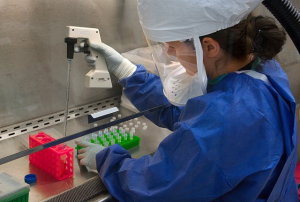
Results from a clinical trial comparing 200 micrograms of selenium supplementation with placebo supplementation show no effect of the selenium supplementation on measures of insulin secretion and insulin action [Jacobs].
These results can be regarded as important evidence that selenium supplementation for up to three years in older individuals has no diabetes causing effects in humans [Jacobs].
The researchers who conducted the selenium and insulin resistance study concluded that the results of the study do not show a causal role for selenium in the development of insulin resistance or in the development of type-2 diabetes [Jacobs].
Research design of the selenium and insulin resistance study
Background: In 2016, researchers at the Arizona Cancer Center in Tucson reported on the results of the Selenium Trial [Thompson].




